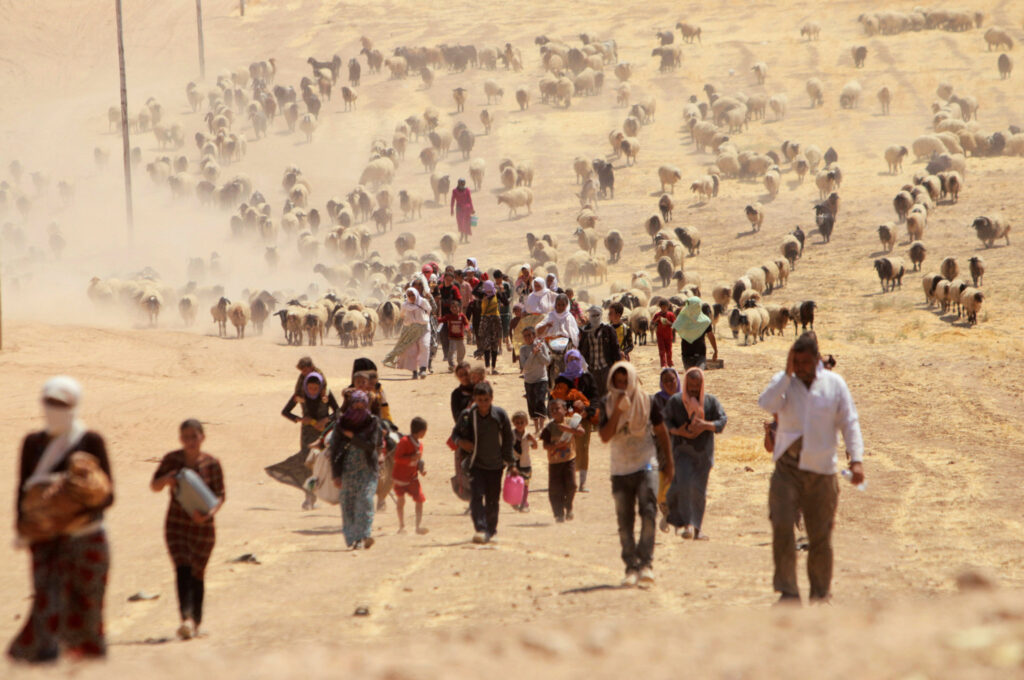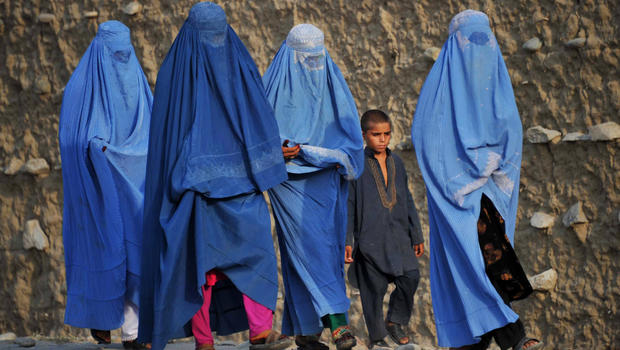VOICES FROM THE REGION#01: 23 FEBRUARY 2016

HEIDI KINGSTONE
Afghanistan may no longer command the front page but somehow our fascination with the country is like an addiction to heroin, and we keep going back for one last hit.
In London, I went to a play called Pink Mist about what happens to three British soldiers who go off to Afghanistan. None of it is good. That same day I saw the excellent Danish film, A War, about the complexities of the chain of command in combat, also in Afghanistan. Then I read two recently published books. The Lovers is by the former New York Times Kabul bureau chief and tells the story of two young Afghans who marry against their parents’ wishes. Through the exploration of Zakia and Ali’s love, Nordland looks into the dark heart of Afghan culture and society. Afghan Modern, by Robert D. Crews, a Stanford University history professor, believes the country has always been globally connected and was never the romanticized ‘hermit kingdom’ of modern lore. For a topic we are no longer interested in, we clearly still seem to need our fix.
One of the reasons is that we can’t quite answer the question of what the future holds for Afghanistan. After so much time and treasure spent, we still don’t know whether the nation is being dragged back to the stone age to be condemned to the dustbin of history or if it will emerge as a stable state with viable prospects. The safest and most realistic answer might be this: the future is in the balance.
All the issues that have dogged Afghanistan, such as corruption, warlordism, increasing insecurity, and the struggle for women’s rights, remain. These problems have been around for decades, before the Taliban, before the civil war, and before the Soviets. And drugs. The U.S. has spent seven billion pounds on counter-narcotic strategies in what is basically a narco-state, but since 2007, the year of the ‘tipping point’, production has grown exponentially. In 2014, Afghanistan cultivated an estimated 6400 tons of opium poppy, seven percent higher than the year before, yet the first laws to outlaw cultivation were passed in 1946.
In 2014, Afghanistan cultivated an estimated 6400 tons of opium poppy, seven percent higher than the year before.
Crews writes about the fifties and sixties and seventies when Americans, Japanese, Germans, and Russians rushed to Afghanistan desperate to invest. It’s no wonder Afghans developed a dependence on foreign aid when the country was awash with technocrats, expat advisors, and crazy aid schemes.
A brilliant recent representation of this was a USAID grant given to a European woman so she could teach yoga to Afghan prisoners, including the Taliban, and politicians, in an attempt to bring inner harmony and world peace. When I heard this I remained in a state of shock longer than I did the lotus position.
Being cynical about Afghanistan’s future is de rigueur for most foreign correspondents and commentators for good reason. Even Lt. Gen. John W. “Mick” Nicholson Jr, the newly appointed U.S. commander in Afghanistan, believes the security situation is worsening. On aggregate, it’s pretty tough to find anyone who is positive.
Explosions have become much more frequent in the capital and kidnappings have also increased. Afghans, in a desperate attempt to leave, are selling their possessions and the second-hand furniture shops are overflowing. To complicate matters, USAID has offered any Afghan who has worked for them over the past decade the opportunity to apply for a US immigrant visa, which many are accepting. These are the same Afghans who have the invaluable skills needed to develop the country. Aid workers are also finding it increasingly difficult to do their job with the rapidly declining security situation, coupled with the added pressure from worried family and friends back home who want them to leave.
The emergence of Daesh in eastern Afghanistan, with their brutal tactics, has not helped. Since the death of Mullah Omar was confirmed, infighting over power and resources in the Taliban ranks has left a vacuum, which Daesh is trying to fill, although it is unlikely that the Taliban will allow them to take root. A few of the more mercenary will ultimately sell themselves to the highest bidder.
Since the death of Mullah Omar was confirmed, infighting over power and resources in the Taliban ranks has left a vacuum, which Daesh is trying to fill.
These days the Taliban are better equipped, more motivated, emboldened and convinced they can win. In 2015, the Taliban became stronger. It is the first time in over a decade that they have become so powerful and taken so much territory. They have established a presence in Jalalabad, Takhar and Faryab since the election in 2014 and are gaining ground in Kunar.
Some believe the Taliban has become stronger not because they are inherently more capable but because the of the weaknesses in Ashraf Ghani’s administration, which came into power in 2014. The Unity Government of Ghani and Abdullah Abdullah has not worked effectively to bring the strategic changes needed to grow the economy and sustain stability and security. The president’s lack of strong leadership and practical support to the ANDSF, where morale is low, has helped the Taliban to seize their chance.
When Ghani was elected, he vowed to fight corruption. Afghanistan still ranks 166 out of 168 countries on Transparency International’s index. In Badakhshan, once the most resistant province to Taliban incursion, they have made inroads. The active insurgency is fuelled and funded by the trade in lapis lazuli from the mines. Trade in marble in Helmand is the second largest source of funding for the Taliban. It is estimated that it will take 13 to 17 years to eradicate this kind of endemic corruption, which is now a regional problem, not just a local one. And corruption is directly related to lack of state or nation-building and lack of security is a direct result of corruption. Which begs the question of what have the allies been doing over the past decade and a half? Afghanistan, which used to be food self-sufficient, now produces nothing. Only ten percent of aid ever reaches its target.
Ghani, a difficult-to-work with technocrat, wanted to address this. He wiped the clean the Cabinet and began the task of constructing his own team, which included looking for a defense minister. Two years on, he has not been able to nominate a candidate who has been confirmed by Parliament or agreed to by the country’s CEO, Dr. Abdullah. About ninety senior army positions remain vacant, which has had a profound effect on the Afghan Army’s ability to operationally plan and has left massive holes in logistical resupply chains, a boon for the Taliban whose goal is to defeat the government. For many Talibs conflict is a business, and as long as they are paid by Arab sheiks and Pakistan, it is very lucrative, and often done in collaboration with government officials. On a positive note, power rivalries and battles over resources could be their undoing.
About ninety senior army positions remain vacant, which has had a profound effect on the Afghan Army’s ability to operationally plan and has left massive holes in logistical resupply chains, a boon for the Taliban whose goal is to defeat the government.
On the other hand, and there is always, on the other hand, Afghanistan is also too easy to write off and a generation of young Kabulis feel there is hope. The internet and social media have connected them to the world the Taliban shut out. Young people want to invest in Afghanistan’s future because, of course, it is their future.
Take the example of Suleman Fatimie and Shakib Noori. These two young men, management graduates educated in Pakistan, pooled their life savings to open a bakery in central Kabul rather than emigrate abroad. Uniquely, they use whole grain for their bread, employ locals and make home deliveries.
But not all of the new generation have hope, and I remember an interview I did with a liberal young man in 2009 shortly before the presidential elections. I asked him how likely he thought real reform was in his country. “Oh, yes,” he said, “it’s possible. You just have to wait two hundred years.”
As the new NATO general takes over he might be well advised to avoid the mistakes of his predecessors who focused on military strategy and operations when the real problem is fundamentally about the non-military part of the equation, such as fixing poor governance, resuscitating the economy, reconciling with the Taliban and dealing with Pakistan. Success will in part be down to honing his people skills and engaging with the Afghans.
As NATO runs as fast as it possibly can for the Hindu Kush desperate to leave the debacle of Afghanistan behind, Crews cautions that we ignore the country at our peril. “Indeed, the world would be well advised to listen to this strand of Afghan globalism and to recognize the many ways global processes have made Afghanistan what it is today, a place that occupies a pivotal position in the highly interconnected world we all share.” Whatever the future does hold, Afghanistan’s is still in the balance.
(Heidi Kingstone is a freelance journalist specialising in Afghanistan. Her book, Dispatches from the Kabul Cafe, was published in May (Advance Editions 2015). Views expressed in the piece are that of the author, and not of Mantraya.)




